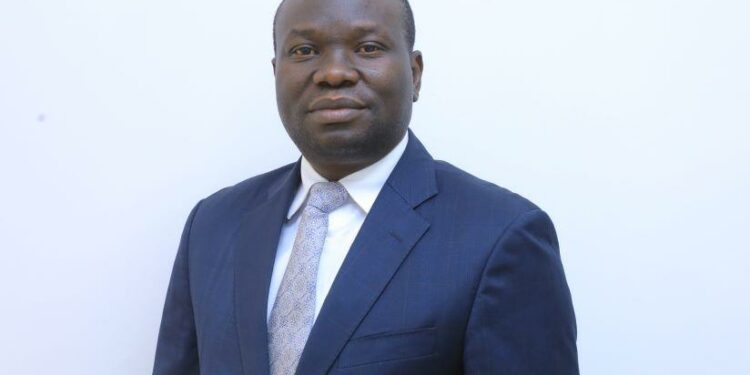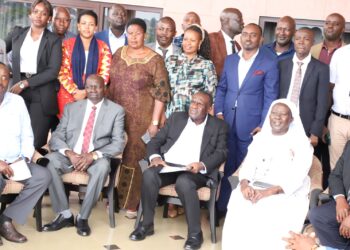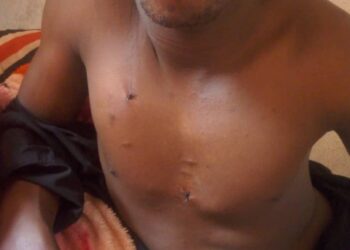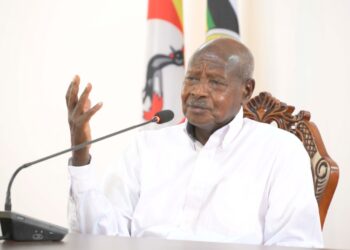The Democratic Republic of Congo’s Foreign Ministry has summoned Uganda’s charge d’affaires, Matata Twaha Magara, in response to a United Nations report alleging Ugandan support for the March 23 Movement (M23) rebel group.
The report, released earlier this month, alleges that the Ugandan military is supporting M23, a group active in eastern Congo and linked to Rwanda. The report also stated that Rwandan forces have been operating alongside M23 rebels, exacerbating regional security concerns.
On Friday, Deputy Foreign Minister Gracia Yamba Kazadi summoned Twaha to address these serious allegations.
Twaha firmly denied the claims, reiterating Uganda’s commitment to regional stability and its cooperative relationship with the Congolese government.
“Our position has been clear that in the East African community we need to work together to flush all the negative forces that are disturbing us,” Magara emphasized.
He highlighted the joint operations conducted by Congolese and Ugandan troops against the Allied Democratic Forces (ADF), another militant group in eastern DRC.
The recent UN report, commissioned by the UN Security Council and published on July 8, alleges “active support” for M23 rebels by Ugandan military and intelligence officials.
The report claims that 3,000 to 4,000 Rwandan soldiers have been fighting alongside M23 rebels in the mineral-rich eastern Congo, displacing millions of people. It further alleges that Kigali has “de facto control” over M23 operations, a claim that Rwanda has vehemently denied.
The experts also reported evidence confirming “active support for M23 by certain UPDF [Uganda People’s Defense Forces] and Chieftaincy of Military Intelligence officials.”
Uganda swiftly rejected the UN allegations. On Friday, Matata Twaha Magara denied his country’s involvement in supporting M23 during his meeting with Kazadi.
“She wanted to know what is happening. Of course, I assured her our bilateral relations are cordial,” Magara said, adding that Uganda was still “waiting for the official communication from the UN office” to formally respond to the allegations. “The UN should first give the concerned countries the report so that they can respond to those accusations,” he stated.
DR Congo has long accused Rwanda of attempting to exploit its mineral-rich territory by supporting the M23 rebels, charges that Rwanda consistently denies. Earlier in March, the Congo recalled its ambassador to Rwanda, accusing the latter of backing M23 rebels in the eastern regions of Tchanzu and Runyonyi.
Renewed M23 attacks since November 2021 have displaced thousands and heightened tensions between Rwanda and the Congo.
The M23 rebel group is primarily composed of Tutsis, the ethnic group of Rwandan President Paul Kagame. Since late 2021, M23 has seized significant territory in North Kivu province. The UN report underscores the complexity and danger of the situation, with allegations of international involvement in the conflict.
In response to the report, Uganda’s deputy defense spokesperson, Deo Akiiki, dismissed the allegations against Kampala as “laughable, baseless, and illogical.” Despite these denials, the international community remains concerned about the ongoing conflict and its implications for regional stability.
The situation in eastern Congo remains precarious, with millions displaced and ongoing violence. The allegations of foreign support for rebel groups add another layer of complexity to the conflict. As diplomatic efforts continue, the focus remains on achieving lasting peace and stability in the region.
Do you have a story in your community or an opinion to share with us: Email us at editorial@watchdoguganda.com













